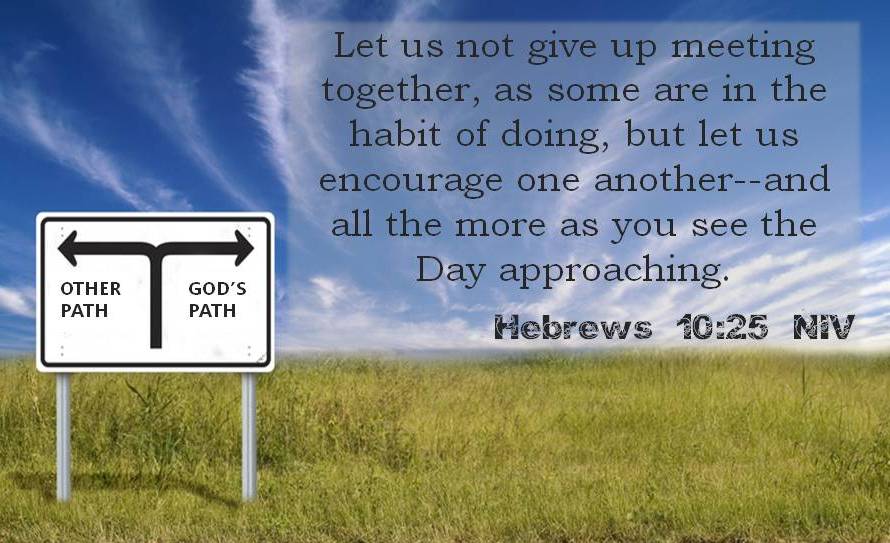Home | About Us | Directions | Bulletins | Sermons & Audio | Cross Of Christ Studies | Classes | Student and Parent Resource Page | Dangers Facing the "Non-Traditional"
The Widow's Mites
by P. J. Casebolt
Comparing the widow's two mites with the gifts of the rich men, Jesus concluded, "Of a truth I say unto you, that this poor widow hath cast in more than they all" (Lk. 21:1-4).
Rich men are condemned, not because they are rich, but because they trust in riches (Mk. 10:24), bestow gifts to be seen or praised of men (Matt. 23:5), or because they fail to "be rich in good works, ready to distribute, willing to communicate" (1 Tim. 6:17-19). The gifts of the rich can be used for good, but so can the widow's mites.
Too often, we fail to "bestow more abundant honour" upon "those members of the body, which seem to be more feeble. . . And those members of the body, which we think to be less honourable" (1 Cor. 12:22,23). We need to remember that God has "set the members every one of them in the body, as it hath pleased him," and that all members of the body, the church, "are necessary" (1 Cor. 12:18, 22).
In our public assemblies, the preacher may be the most visible member in that assembly, because of the emphasis placed on preaching in the edification process, and the time set aside for such teaching. But that is not to say that the preacher is the most important member of a congregation, or that either he or the congregation regard him as such. If so, we need to rearrange our thinking.
Though invisible, Christ needs to be the central figure of our lives, and in our public assemblies. Christ "is the head of the body, the church" (Col. 1:18), and has promised, "For where two or three are gathered together in my name, there am I in the midst of them" (Matt. 18:20).
We need to give honor to the elders who oversee the flock at all times, and not just during the public assemblies of the church. Teachers need to be commended and appreciated for the many hours of time which they have devoted to study, class preparation, and actual teaching done. We pause from time to time and express our appreciation for "all those who have taken a public part" in the assemblies of the church, and well we should.
But we need also to recognize those who go about quietly in their daily lives ministering to the Lord and the needs of others, and may just as quietly come and sit in the public assemblies of the church, though they may not be seen in some public capacity. But they are there, they are seen, and without them, those who take an "active" part couldn't be very active without an audience. The widow's mites are needed as are the gifts of the rich, though the mites may only "seem" to be less honorable.
During my stay in the hospital, and during recuperation from surgery, I received hundreds of cards and other expressions of well-wishing from concerned people. No two cards were alike -- some were large and elaborate with flowery decorations and verse, some were of medium size, and some were small with simple expressions of sincere words on my behalf. And the most appreciated cards were those where the sender took time to write a personal note.
One of the smallest cards I received was from a brother and sister of few worldly goods, who themselves had suffered in the flesh. There was a short, handwritten note in-side the card, written by an unsteady hand in slanted lines, and a misspelled word or two. All of the cards served their purpose, and I was moved and humbled by such an out-pouring of love and prayers on my behalf. I pray that the Lord will remember all for their good deeds, long after I, because of human frailty and forgetfulness, have forgotten the names and messages attached to each card.
But I cannot forget that one small card, containing the full expression of someone's heart. Like the widow's mites, that card has an honored place in the treasury of my heart. And if some of us can give no more, we can give our hearts and ourselves to others and to the cause of Christ (cf. Rom. 12:1; 2 Cor. 8:5).
Guardian of Truth—January 21, 1993
For Past Auburn Beacons go to:
www.aubeacon.com/Bulletins.htm
Anyone can join the mailing list for the Auburn Beacon! Send your request to:
larryrouse@aubeacon.comOther Articles
A Mixed Up World
Isolationism
Why No Instruments of Music?
Seven Faces of Failure
A Matter of Choice









